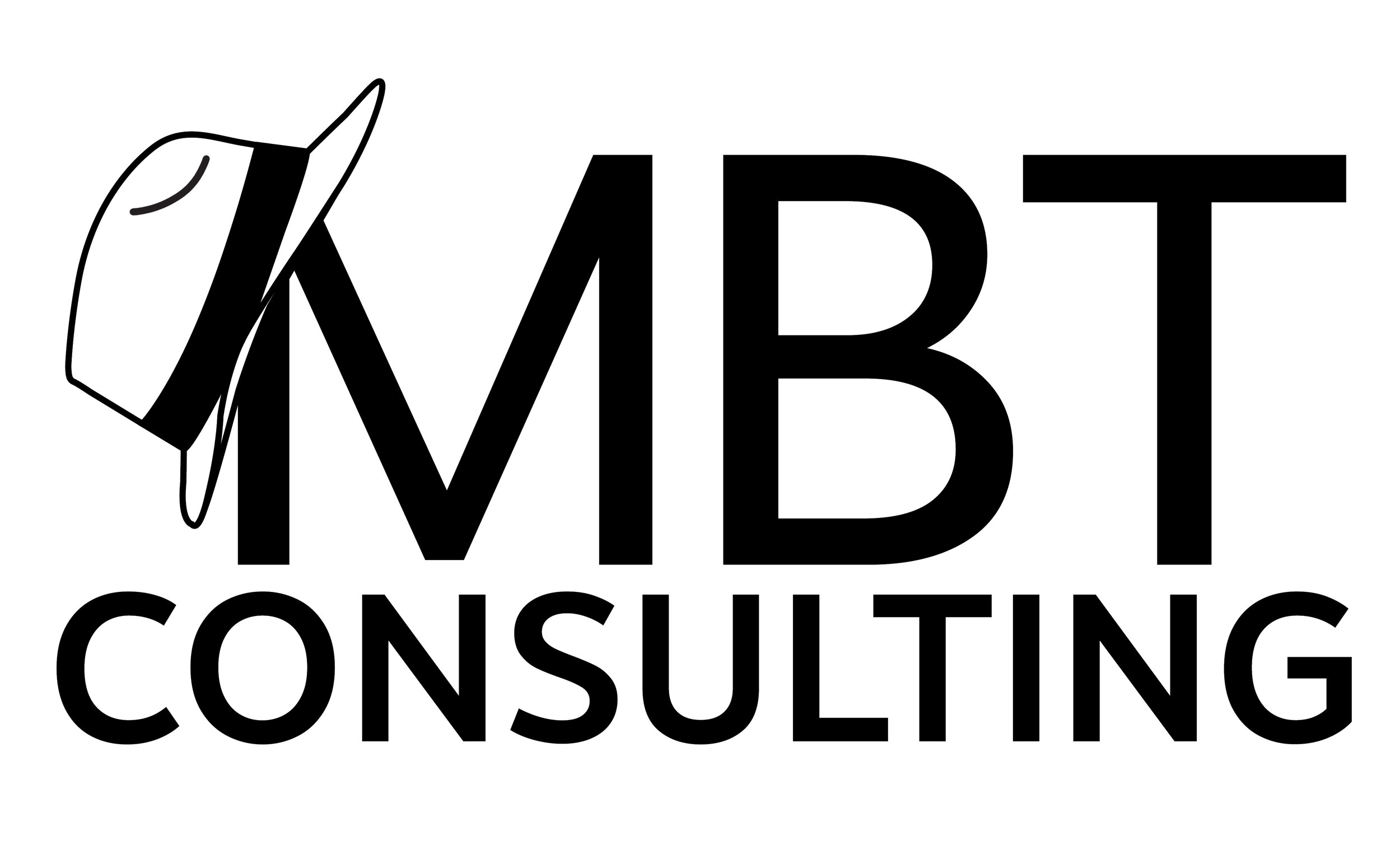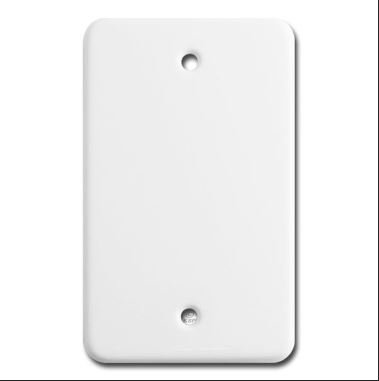Those missing electrical plugs
I’m sitting at a local coffee shop for a meeting and the power on my laptop is running low. Seeking an electrical outlet, I come up empty. I’ll obviously be leaving soon.
I suspect a cause and effect…that the electrical outlets shortage isn’t accidental. So I spoke with a guy I know at Starbucks, who confirmed they’ve been removing outlets to make their stores more of a “buy and run” experience, rather than a “buy and stay as long as you like” experience. Others in the industry have started following suit.
I get it. Coffee houses are there to sell beverages and goodies. More turnover leads to more butts in seats, thus more sales. Someone sitting there endlessly clearly runs counter to these business objectives.
Still, with home-based workers now a permanent fixture in the economy, many of us spend great lengths of time working alone. Those who remain committed to doing Zoom meetings still want to spend time in public places observing the flow of humanity.
The local coffee shop is the obvious answer. Their removing electrical outlets makes us all feel unwanted.
It’s worth recognizing that, while coffee houses need to sell their wares, they’ll sell me nothing if they’re chasing me away.
And because I miss the days when I more readily spent hours working outside the house, I now find myself drifting towards libraries and other locales more conducive to my needs.
Furthermore, closing off those electrical plates saved them a pittance…especially compared to the revenues lost from my weekly visits.
Now multiply that by all the freelancers doing business with them.
Maybe there’s no middle ground. Add too many plugs and you invite endless freelancing; remove them and you’ve lost that business.
Maybe they should charge for plug-in time, or sell freelance seating reservations by the hour. Or maybe there’s a freelancers-only section that adjusts based on time of day and in-store traffic.
You, too, may be challenged satisfying multiple stakeholders. Before implementing any drastic plans, ask yourself whether the long-term payoffs (or losses) are worth the short-term costs. Ask your customers what they think of your plans.
And, if you’re going to potentially chase away loyal clientele, have a plan in place to compensate for lost business prior to implementing your strategy.
With that said, I wish you a week of profitable marketing.
-----------------
Get a free monthly marketing newsletter at www.marketbuilding.com.

